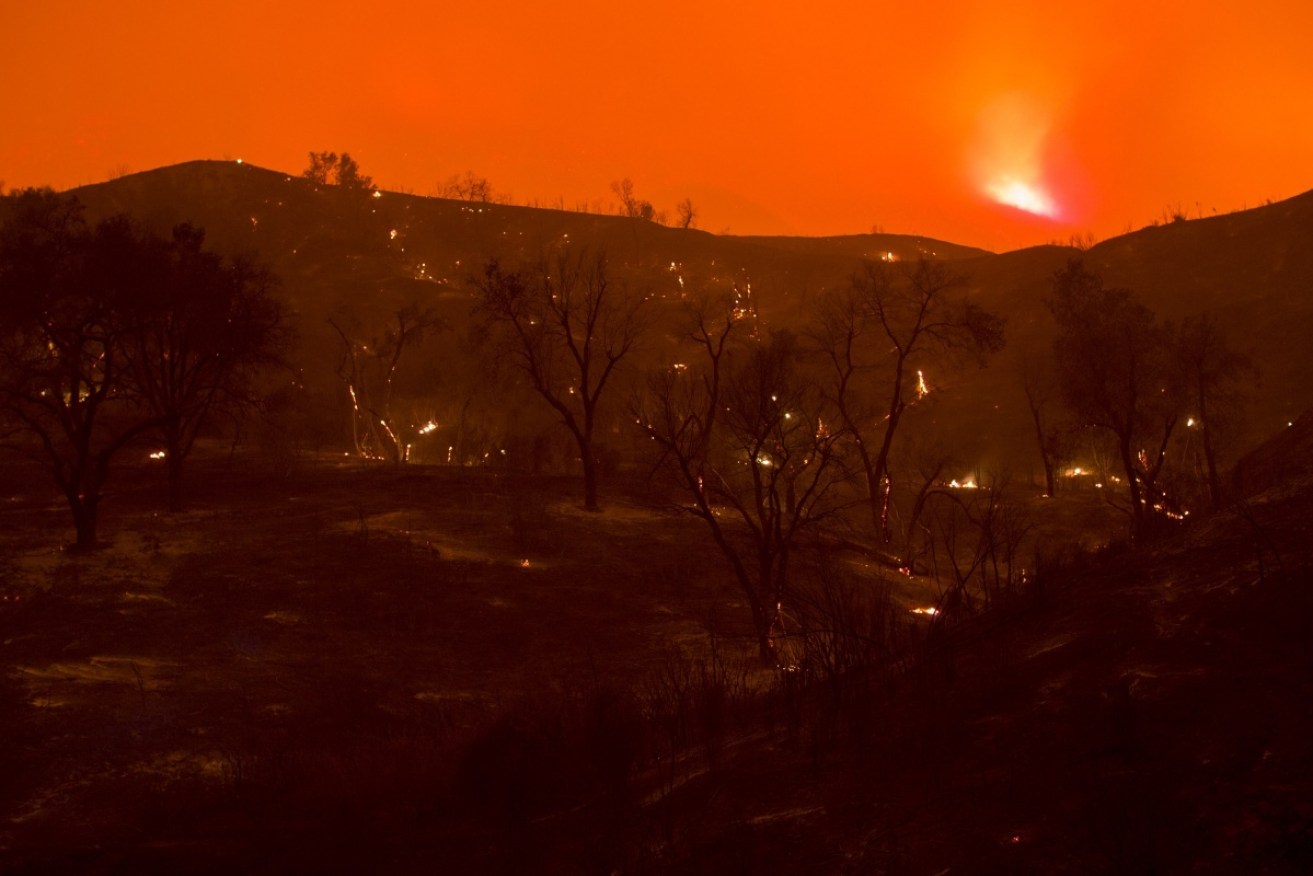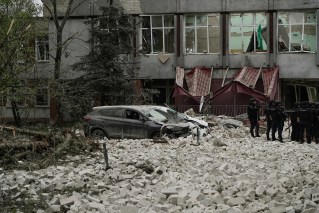‘Vast human misery’: Scientists’ warning of global destruction


The time is running out to prevent environmental collapse, climate scientists say. Photo: AAP
More than 15,000 climate scientists have called for immediate action to stop humanity’s environmental destruction of Earth.
The scientists claim that mankind is on a collision course with “vast human misery”, with a bleak future marked by increasing temperatures and unpredictable weather patterns.
The stark warning, published in Bioscience on Tuesday, was signed by 15,364 scientists from 184 countries – the largest group of scientists to ever co-sign a climate change article.
The paper found our planet is on the brink of reaching limits which our biosphere can tolerate without substantial and irreversible harm.
“We are dooming the world to become much less liveable,” principal author and and professor at Queensland’s James Cook University William Laurance said.
“We are creating an earth that’s more crowded and more expensive with more conflict and more disease.
“We are saying that it will soon be too late to shift course if we are going to prevent widespread misery and catastrophic biodiversity loss.”
The report comes on the 25th anniversary of the first World Scientists’ Warning to Humanity article in 1992, penned by 1575 scientists who issued a similar call to action.
But since the last report “very little has been done”.

Deforestation is one of the growing issues facing humanity’s life on Earth. Photo: Getty
The new paper focuses on several issues, including freshwater pollution, human population growth, endangered species and extinct species numbers, deforestation and ocean dead zones, as well as climate change.
It found the amount of freshwater available per capita has reduced by a quarter and 120 million hectares of forests have been lost since 1960, as the human population has risen by a third.
The world’s biodiversity is also dwindling, with freshwater, marine, and terrestrial animal populations having declined by 81 per cent, 36 per cent and 35 per cent respectively since 1970.
“Human activities inflict harsh and often irreversible damage on the environment and on critical resources,” it reads.
“If not checked, many of our current practices put at serious risk the future that we wish for human society and the plant and animal kingdoms, and may so alter the living world that it will be unable to sustain life in the manner that we know.
“Humanity is not taking the urgent steps needed to safeguard our imperilled biosphere.”
The report calls for governments to make “fundamental changes” before it is too late.
“It’s time to change our behaviours, including limiting our own reproduction, and drastically diminishing our consumption of fossil fuels, meat, and other resources,” Mr Laurance said.
“It’s not hopeless, we can deal with these things if we take action.”
World’s CO2 emissions increasing

The amount of fossil fuels being burnt has risen in 2017. Photo: Getty
The report’s release comes on the same day that new data found global CO² emissions had risen for the first time in three years.
The figures published by the Global Carbon Project found 2017 will see a 2 per cent increase in fossil fuels burnt, after almost no growth since 2014.
The Global Carbon Project report suggests that the growth in emissions by China (3.5 per cent) and India (2 per cent) this year are to blame for the sudden increase.
– with AAP








